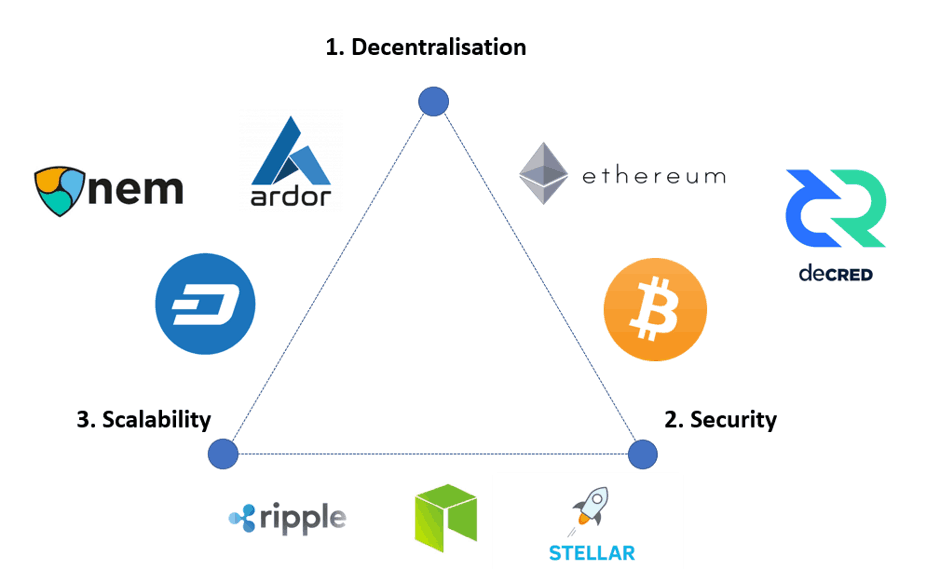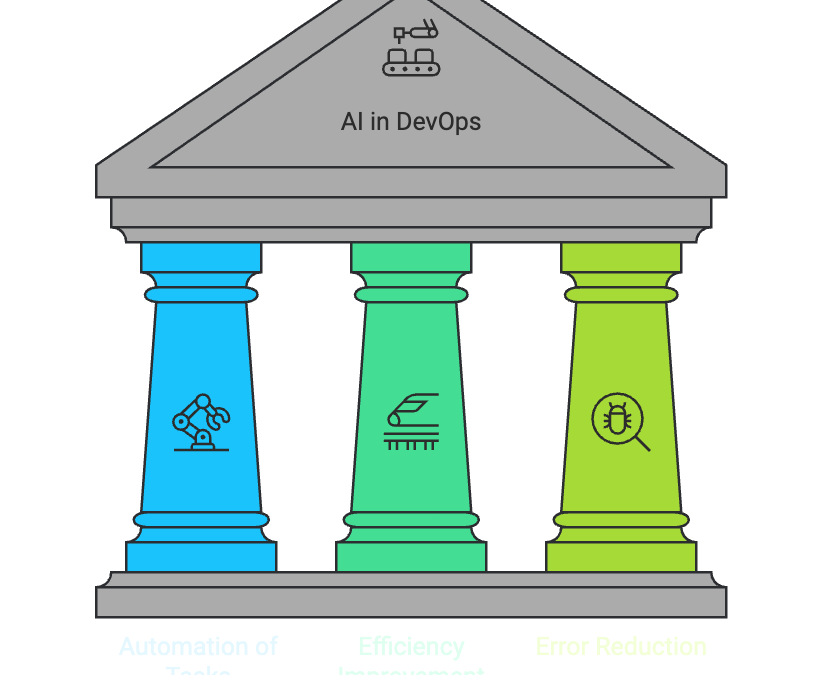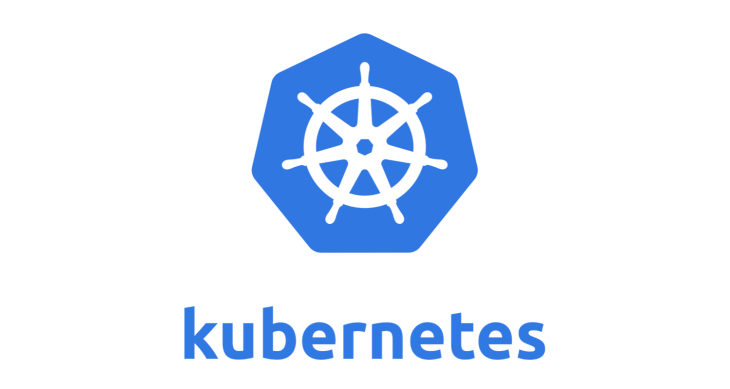First published on VOICE in November 2020 -> Check it out here.
If you work in technology, you’ll have undoubtedly struck a situation which caused you to stop, take a breath and think… At that moment, you were concentrating on a problem, and the question you asked didn’t have an obvious answer. When you work at something, you end up storing away facts in your personal history; successful stories and episodes of failure. However, that said, you can’t access such memory for a novel problem where no solution exists. It’s possible to relate by extrapolating similar previous situations, but seldom does it align precisely.
In hindsight, the answer always seems so blatantly obvious. As you look back and reflect you ask yourself “why”, telling yourself “if only I’d done
Building solutions is complicated. The question I often ask myself, is, do solutions exist in the real world?
The economist Thomas Sowell famously stated:
“There are no solutions; there are only trade-offs.”
Source: https://youtu.be/3_EtIWmja-4
My readers probably know my backstory; I’ve worked for a range of small, medium and large businesses, in the Info Tech (IT) space for a good number of years. When I discovered Thomas Sowell’s work, it resonated with me. Over the years, I’ve worked with fantastic people who dedicate their work-life to building solutions. So much so, that in IT, companies dedicate people to solution engineering or solutions architecting. They look for people who excel and possess the skills of solutioning and problem–solving.
Creating solutions is not what it seems. As an example, think about your favourite blockchain project, and the problems the project aims to solve. Is it a solution? Or is a more accurate representation, a technology designed with a set of trade-offs?
In the world of blockchain and cryptocurrencies, there is a no more polarising debate than decentralisation. The notion of “my project is better than yours because it’s decentralised” is evident when surfing the crypto twitter-sphere, there’s simply no avoiding it.

Source: https://toshitimes.com/consensus-algorithms-in-open-and-decentralized-systems/
The above shows us that things are slightly more complicated; there is no right or wrong; nothing is black or white.
When discussing decentralisation and assessing the merits of a trade-off (not a solution), it may be helpful to ask a set of questions to guide the discussion. Again, the decades of work from Thomas Sowell are an inspiration.
Compared to What?
If we take EOS as an example and compare it to Bitcoin, many would suggest BTC is vastly more decentralised. Depending on your perspective, this may well be true. However, ask yourself the same question but this time compare EOS to Microsoft Azure. Both products have code execution environments, but most would say EOS is more decentralised, it’s an open public blockchain after all.
At what price?
Price is not the dollar cost; it’s the price of making a trade-off. Let’s consider EOS once again. Token holders, within the system, elect 21 producing nodes to write transactions and secure the network. Many in crypto have criticised eosio and the underlying consensus mechanism for a multitude of reasons. What if the community decided to increase the number of BPs threefold? Sure, you could claim further decentralisation, but what are the impacts? What is the real cost?
Perhaps this creates inefficiency in the block producer handoffs, which results in missed blocks, lessening the reliability. Perhaps communication becomes a challenge, resulting in slower and more complex upgrades, causing less to get done. Perhaps there’s a financial impact to the network as BPs ask for extra pay to stay profitable. What are the unintended consequences, or what is the actual price of such a change?
What’s the Evidence?
Asking for the evidence sounds logical, maybe even straightforward; however, in reality, evidence and facts often mean different things to different people. When reimaging the future, it’s advisable and beneficial to understand the events of the past. When assessing trade-offs, the evidence is vital to keeping it real.
Circling back to the original question, do solutions exist in the real world? As with most things in life, perspective is everything. Some would argue it’s possible to finish a project, while others believe in continuous improvement, iteration and finishing is a myth. Trade-offs are hard, and making them means you make someone unhappy.
What can’t be understated is the importance and value of making trade-offs, no matter how difficult. Trade-offs move products, services and communities forward. Without trade-offs, very little would ever progress.





